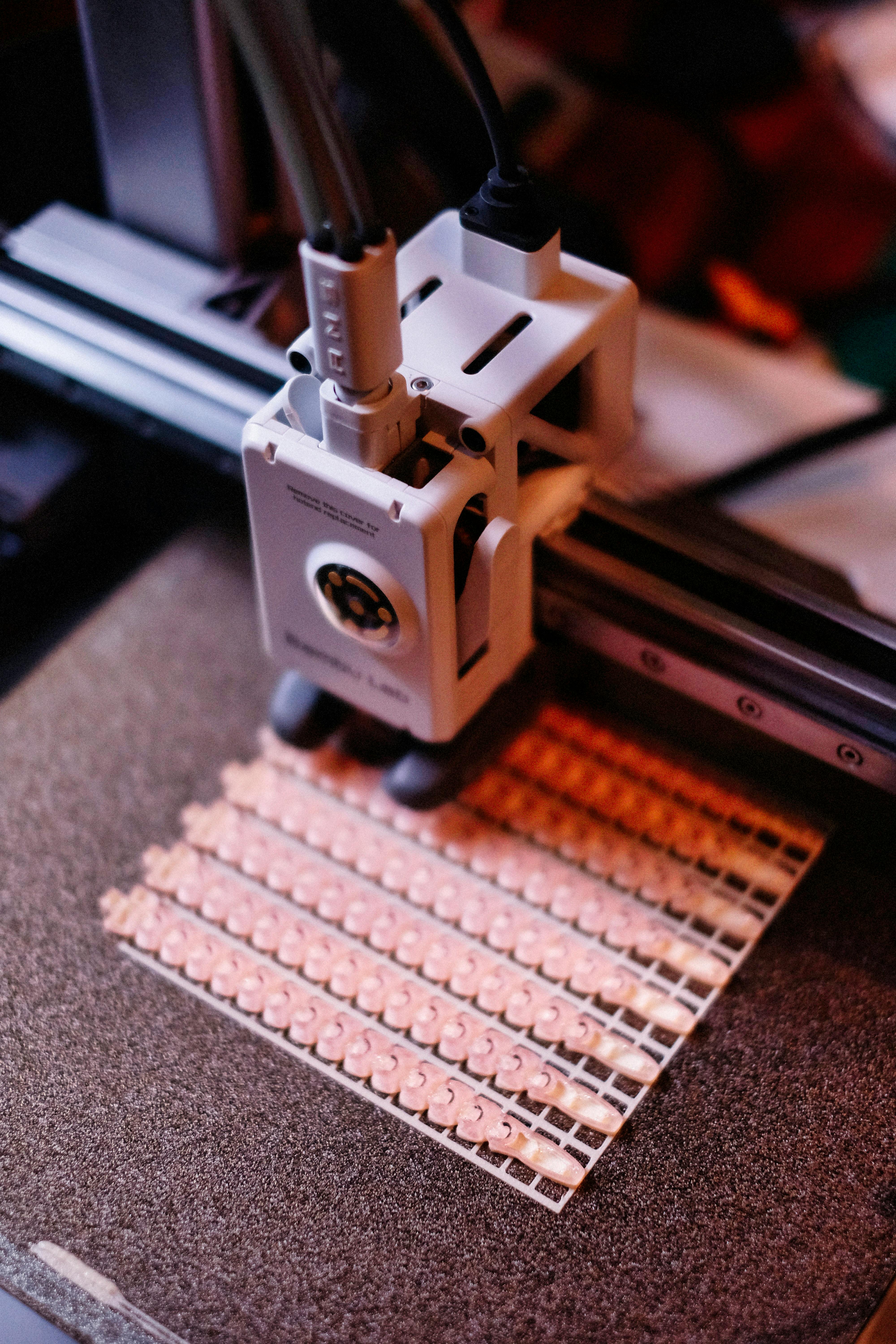10 Clues Your Partner Might Be Cheating
Discovering potential infidelity in a relationship can be emotionally devastating. While some behavior changes may have innocent explanations, certain patterns might suggest something more concerning. Understanding these potential warning signs can help you address relationship issues before they escalate, whether through open communication or with professional support.

Suspecting a partner of infidelity can be one of the most painful experiences in a relationship. While these signs don’t definitively prove cheating, recognizing potential red flags can help you address concerns constructively. Remember that open communication remains the foundation of healthy relationships, and professional support through marriage therapy can provide guidance during these challenging times.
Unexpected Changes in Communication Patterns
When a partner who once shared details about their day suddenly becomes secretive or vague, it might signal a problem. Pay attention if your normally talkative partner now gives one-word answers or seems disinterested in conversations. Communication shifts often manifest as defensiveness when asked simple questions about their whereabouts or activities. They might deflect questions, change subjects abruptly, or respond with hostility to inquiries that previously wouldn’t have caused concern. While everyone deserves privacy, a dramatic change in communication openness could warrant a thoughtful conversation.
Unusual Phone Behavior and Digital Secrecy
In our connected world, digital devices often hold evidence of emotional or physical affairs. Notice if your partner suddenly guards their phone, changes passwords, or takes calls in private. They might position screens away from you, delete text messages, or create new email accounts without explanation. Some partners experiencing guilt may leave their phones conspicuously visible to appear transparent while using hidden apps or secondary devices. This heightened digital privacy—especially from someone previously open about their online activities—could indicate they’re hiding communications they don’t want you to discover.
Significant Changes in Appearance or Habits
A sudden interest in fitness, new clothing styles, or grooming routines isn’t automatically suspicious—personal improvement is healthy. However, context matters. Consider whether these changes coincide with other suspicious behaviors or if they’re making these improvements specifically for times when you’re not together. Watch for new cologne or perfume scents when returning home, unexplained shower timing, or clothing that doesn’t match their reported activities. While self-improvement is positive, dramatic changes combined with secretiveness about motivations might signal they’re trying to impress someone else.
Inconsistent Schedules and Unexplained Absences
Work meetings that consistently run late, new hobbies requiring unusual hours, or frequent emergencies requiring immediate attention might deserve scrutiny. Pay attention to explanations that don’t quite add up—locations that should take 20 minutes to reach but result in two-hour absences, or colleagues who can’t be found when you try to reach your partner. Some cheating partners create elaborate systems of lies about their whereabouts, making it difficult to verify their stories. While everyone occasionally stays late at work or changes plans, persistent pattern changes without transparent explanations could indicate hidden activities.
Emotional Distance and Intimacy Changes
Perhaps the most painful tell-tale sign of potential infidelity is emotional withdrawal. Your once-affectionate partner might avoid physical contact, seem mentally absent during conversations, or show reduced interest in shared activities. Intimacy changes often extend beyond the bedroom—they might stop saying “I love you,” avoid eye contact, or physically create distance when you’re together. Alternatively, some partners experiencing guilt may overcompensate with unusual affection or unexpected gifts. While relationship intimacy naturally fluctuates, sustained emotional disconnection combined with other suspicious behaviors often indicates your partner’s emotional energy is being directed elsewhere.
Financial Irregularities and Unexplained Expenses
Money leaves a trail that can reveal hidden activities. Unexplained credit card charges, cash withdrawals without clear purposes, or new accounts you weren’t aware of might indicate resources being directed toward someone else. Some partners engaging in infidelity create separate financial systems to fund their activities—hidden credit cards, unexplained gaps in shared finances, or sudden resistance to financial transparency. They might begin questioning joint purchases while simultaneously making unexplained expenditures themselves. While financial privacy varies between couples, new patterns of secrecy or unexplained expenses—particularly for restaurants, hotels, or gifts you never received—warrant attention.
Changes in Social Circles and Mentions of New People
Listen for repeated references to new friends or colleagues, particularly if your partner seems unusually interested in or defensive about these relationships. They might mention someone frequently and then abruptly stop discussing them when you show interest. Watch for unexplained reluctance to include you in work or social events where you previously would have been welcome. Some partners experiencing infidelity begin subtly criticizing your appearance or behavior while idealizing qualities of others. While healthy relationships include separate friendships, secretiveness about new connections or dramatic shifts in social patterns could indicate boundary issues.
Decreased Interest in Future Planning
When someone is emotionally investing in a relationship outside their primary partnership, they often unconsciously withdraw from future commitments. Notice if your partner becomes vague about vacation plans, avoids discussions about long-term goals, or seems unusually hesitant about previously agreed-upon milestones. They might deflect conversations about your shared future or suggest postponing major decisions without clear reasoning. While timing for major life decisions should be mutually agreeable, a partner who previously engaged enthusiastically in future planning but now seems disinterested might be reconsidering their commitment.
Intuition and Gut Feelings
Many people report “just knowing” something was wrong before discovering concrete evidence of infidelity. Our subconscious minds often process subtle behavioral changes, inconsistencies in stories, or shifts in emotional connection before we consciously identify the problem. While intuition alone isn’t proof, persistent feelings that something is amiss despite reassurances deserve attention. Your brain might be processing microexpressions, tone changes, or pattern disruptions that signal dishonesty. Rather than dismissing these feelings as paranoia, consider them information worth exploring through honest conversation or professional support.
Defensive Accusations and Projection
In a troubling psychological pattern, some people who are cheating project their own behavior onto their partners. They might suddenly accuse you of infidelity without cause, question your loyalty, or become hypercritical of innocent interactions with others. This projection serves both as a defense mechanism and as misdirection—while you’re defending yourself, you’re less likely to question their behavior. They might also create arguments before leaving the house or returning home, using conflict as a smokescreen to avoid deeper conversations about their activities or to justify their emotional distance.
If you’ve noticed several of these warning signs, it doesn’t automatically mean your partner is being unfaithful. These behaviors can sometimes stem from work stress, mental health challenges, or other personal struggles. The healthiest approach is direct, non-accusatory communication about the changes you’ve observed.
Marriage therapy provides a structured, neutral environment to address these concerns constructively. A qualified therapist can help facilitate difficult conversations, identify underlying relationship issues, and develop strategies for rebuilding trust—whether infidelity has occurred or not. Remember that seeking professional support isn’t an admission of relationship failure but rather a commitment to understanding and addressing problems before they become irreparable.
This article is for informational purposes only and should not be considered medical advice. Please consult a qualified healthcare professional for personalized guidance and treatment.




